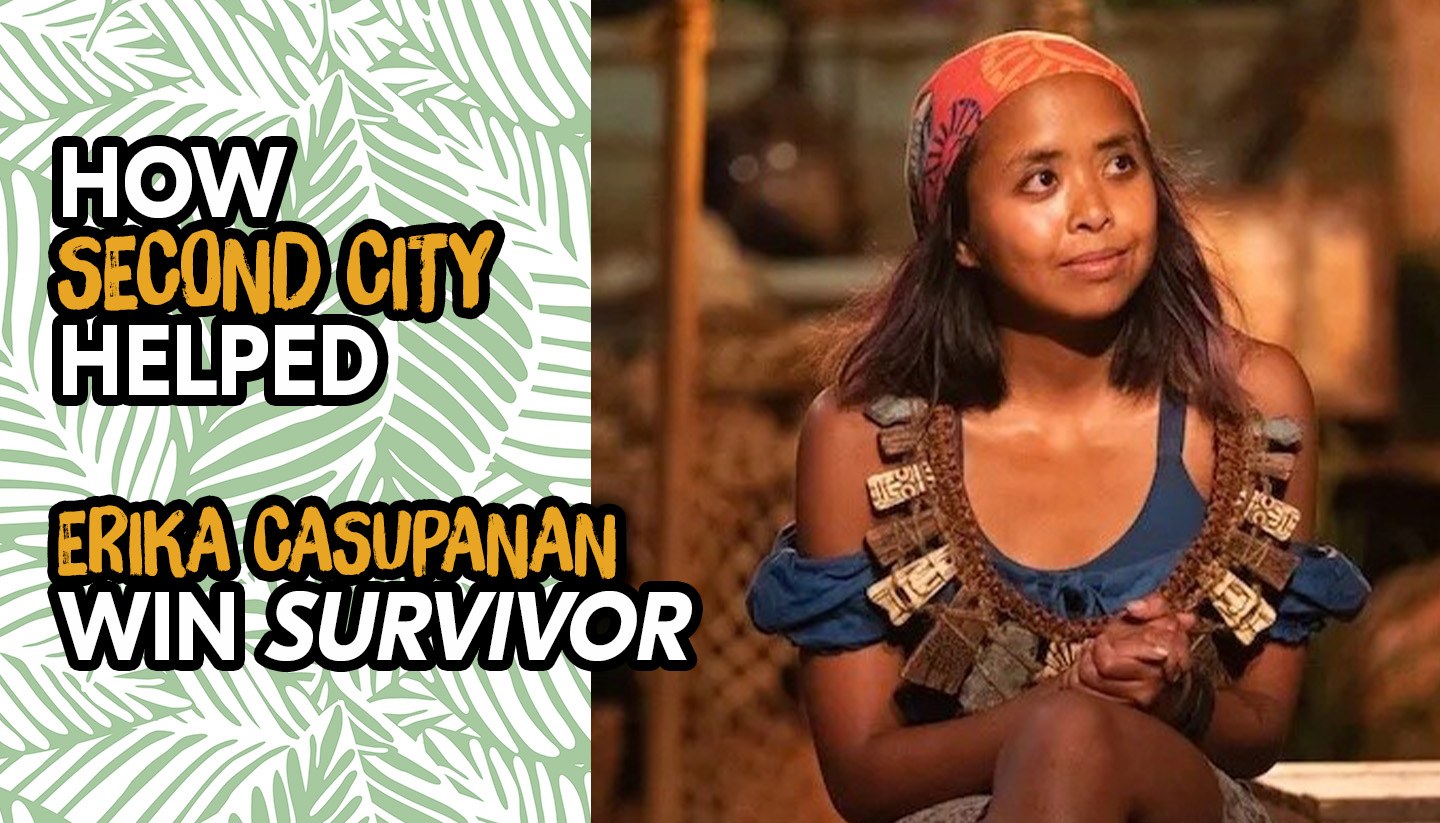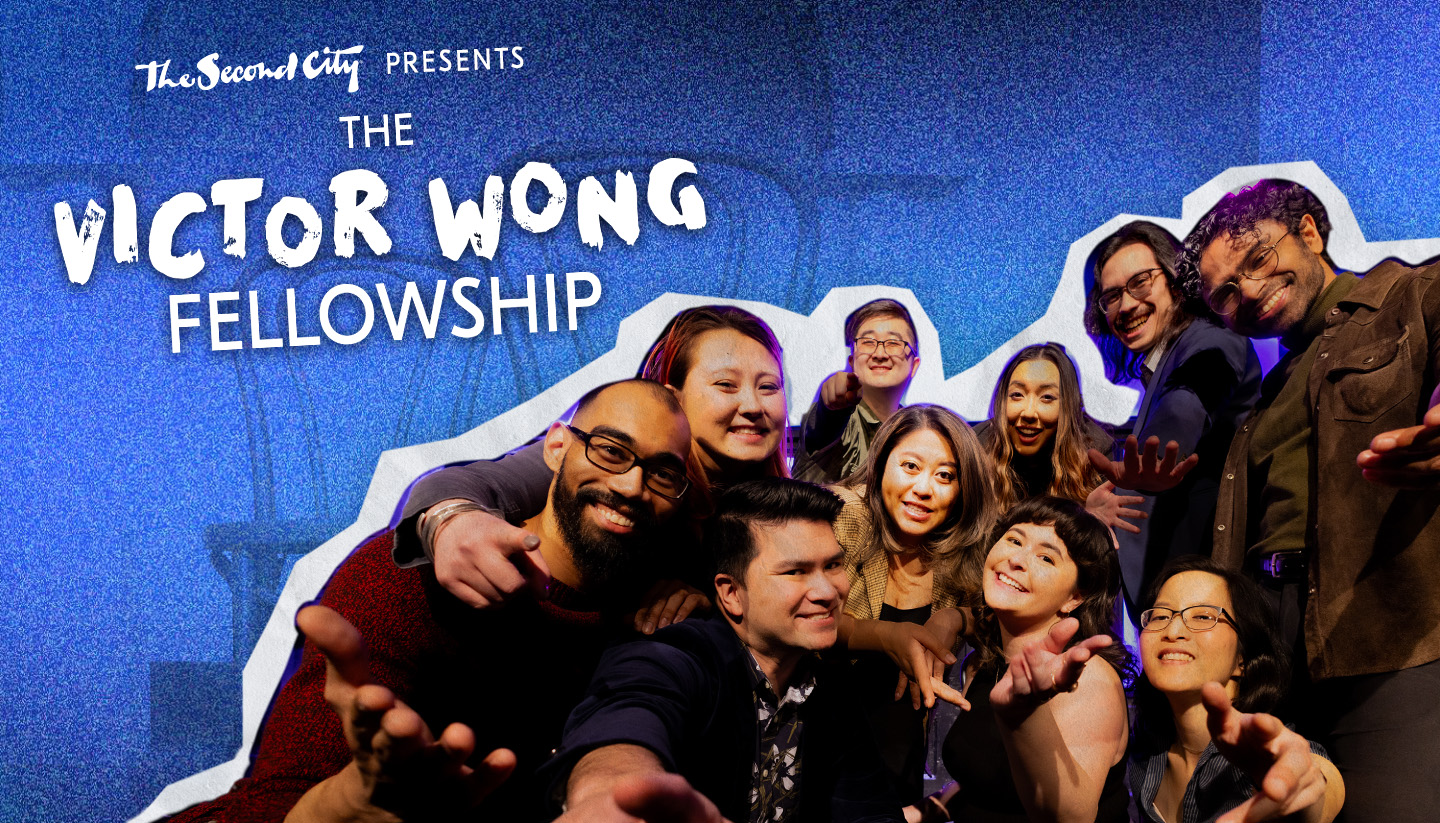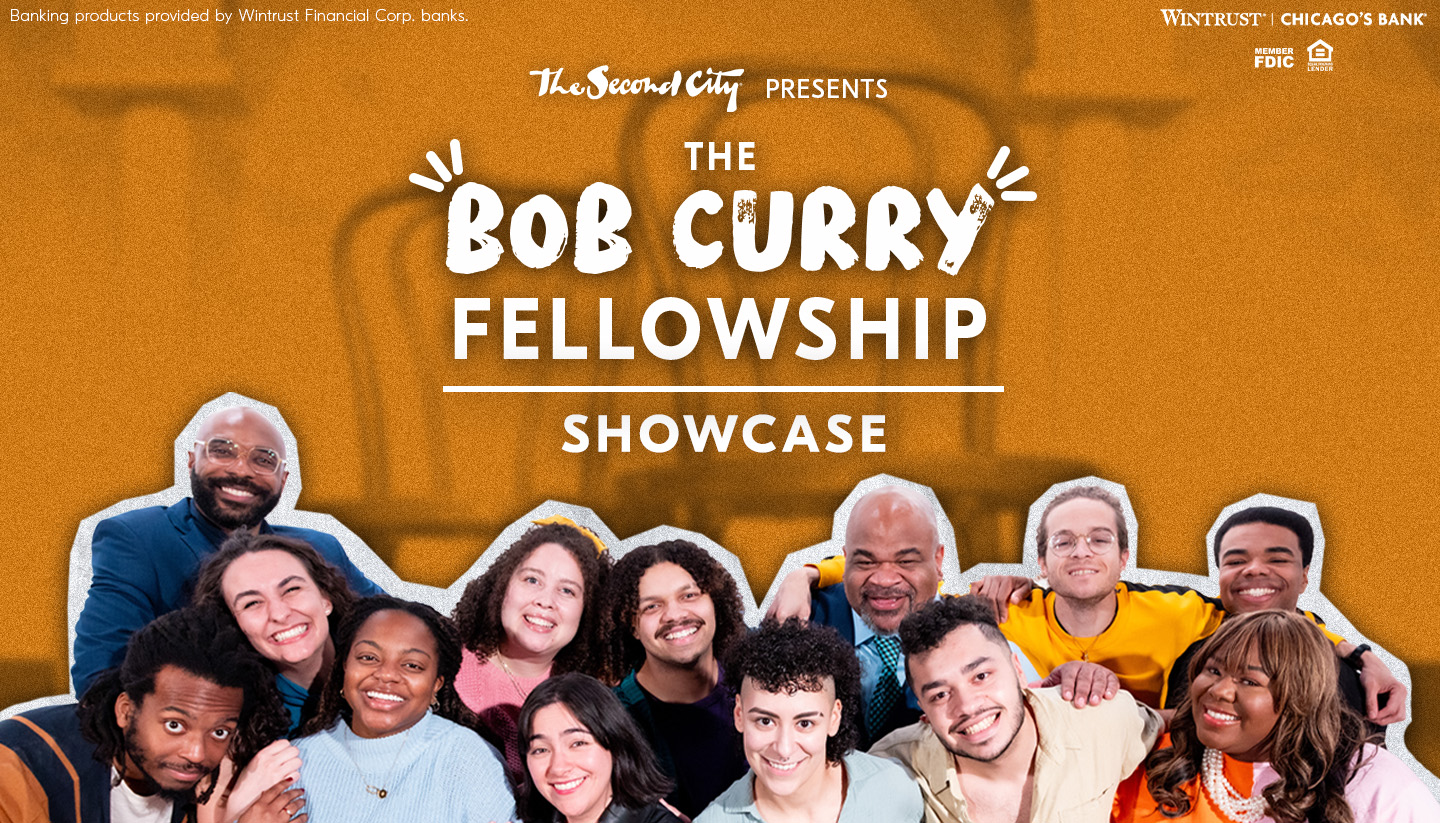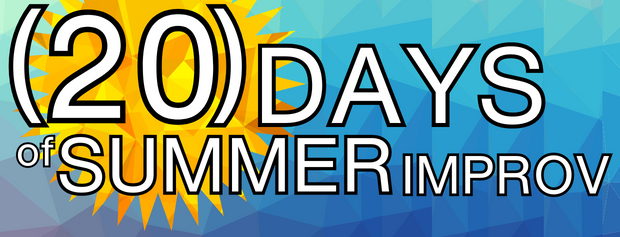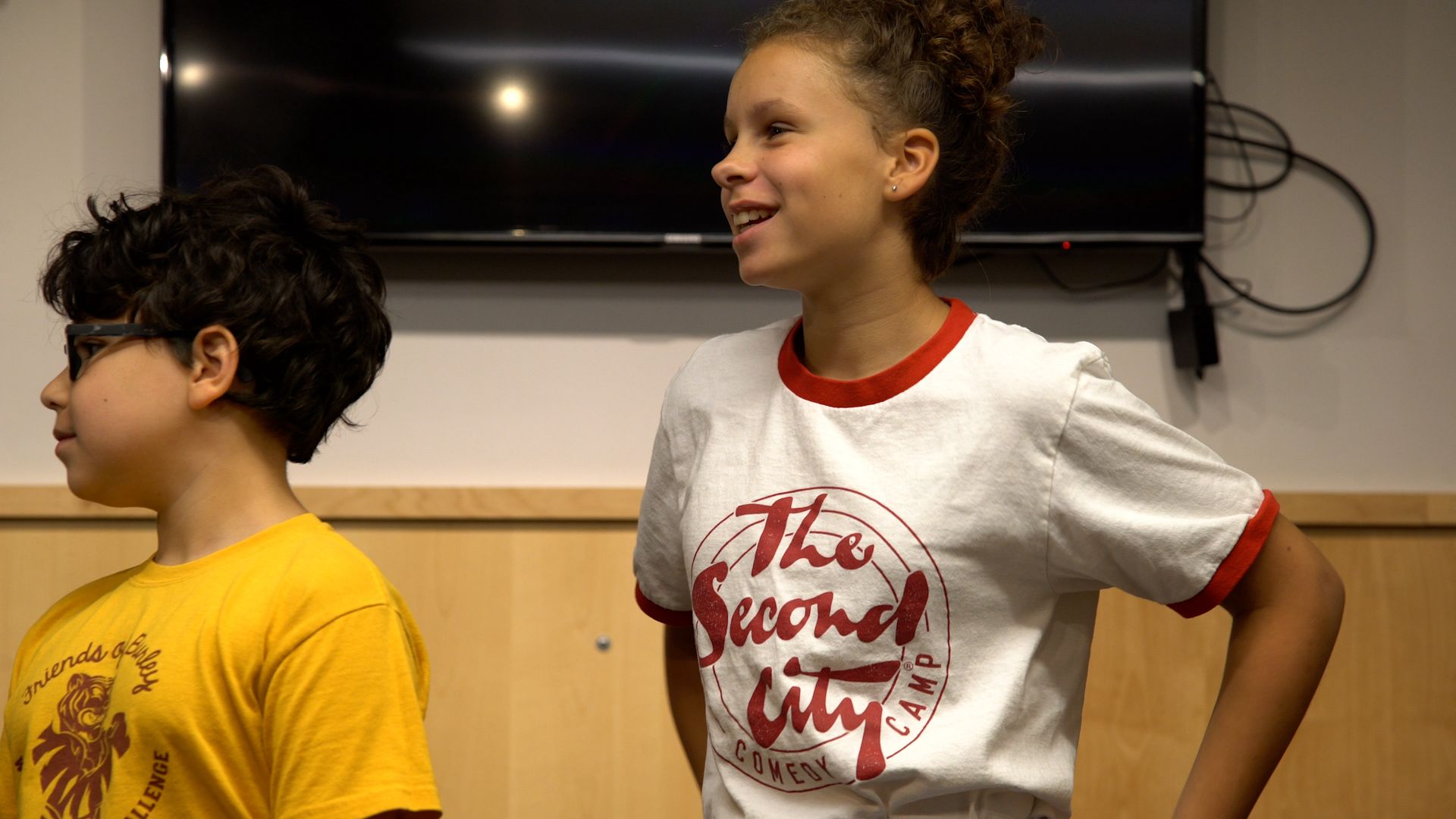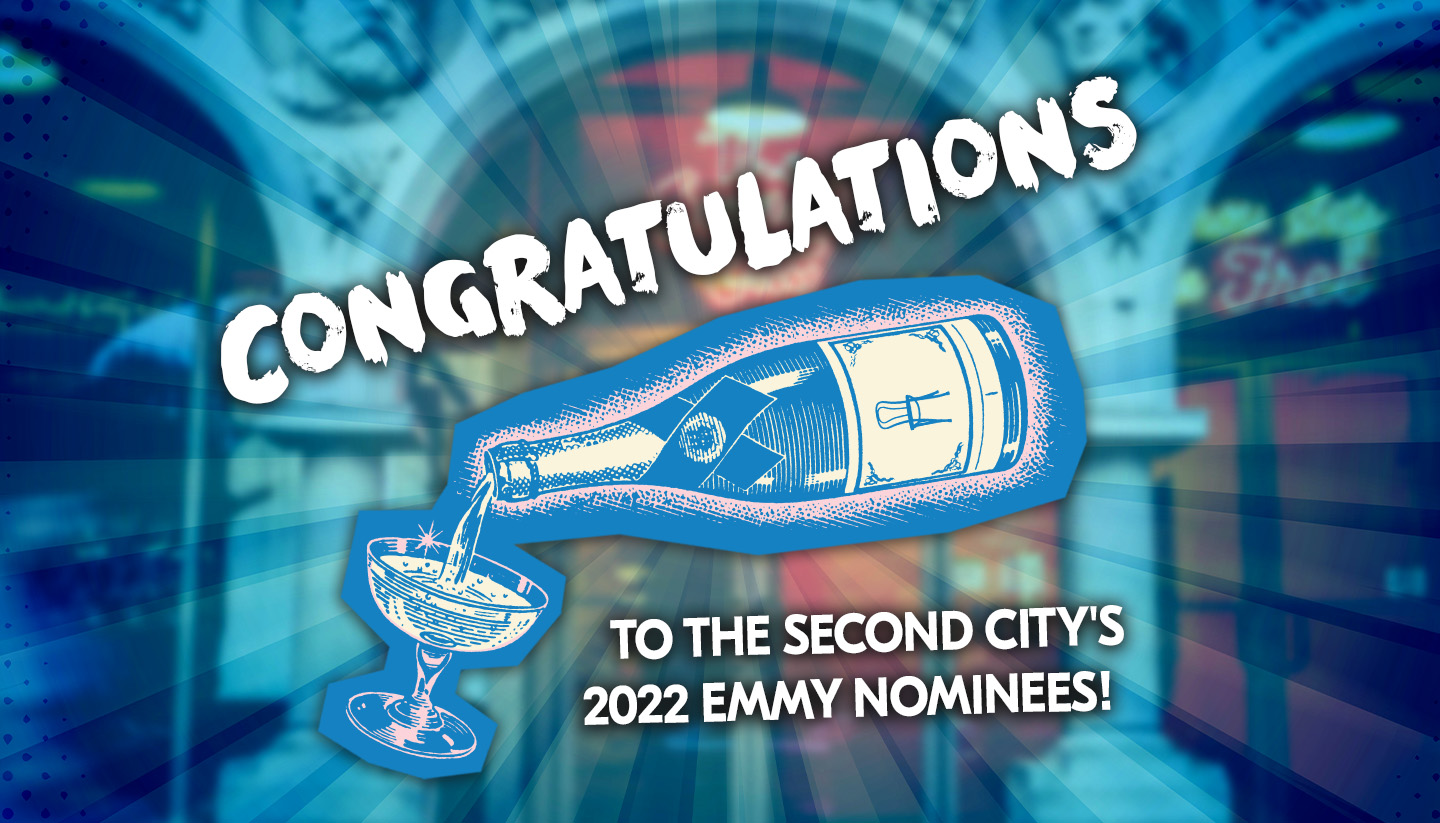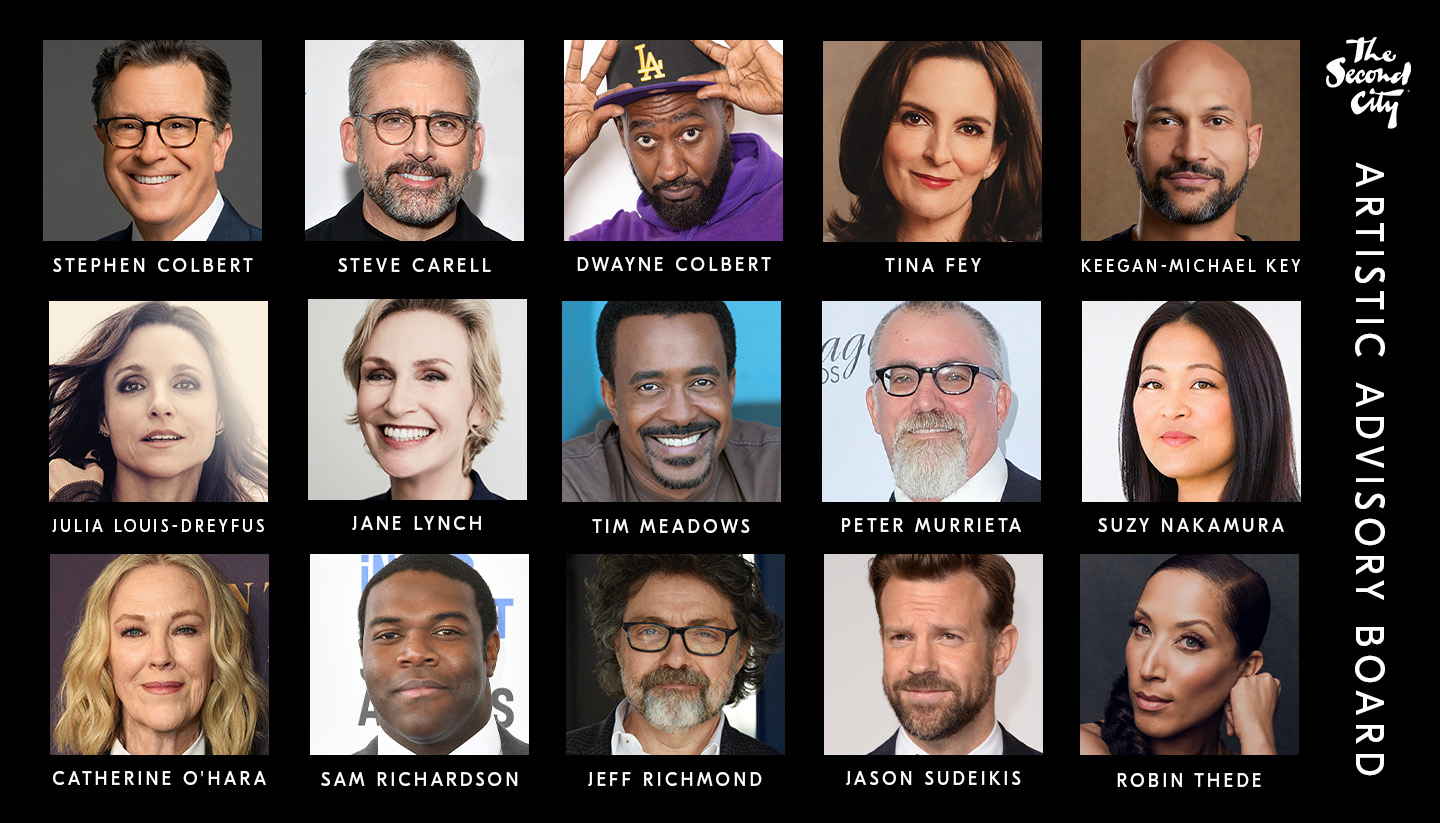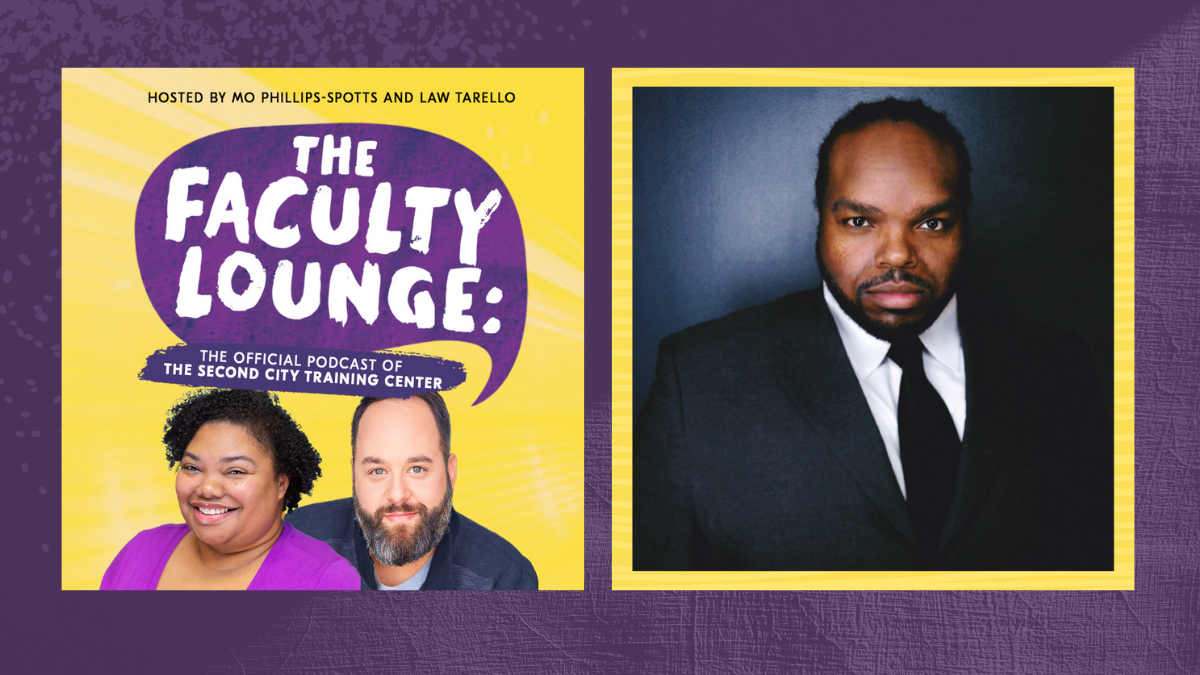When the pandemic shut down everyday life, Toronto resident Erika Casupanan had to delay a once-in-a-lifetime opportunity: a chance to compete on the 41st season of Survivor. To help her pass the time until filming could resume, Erika began taking classes online at The Second City. Did those classes help her outwit, outplay, and outlast to win the whole game? You bet they did.
What led you to taking classes at The Second City?
It was really a pandemic hobby. When I was working at a public relations agency years ago, people at the agency were taking improv classes for professional development. I remember thinking, "Okay, maybe I'll do that one day." When the pandemic hit, I was about to go and film Survivor. I just needed something to really distract myself like a lot of people, so I signed up for Improv Escape online. A girl who was in the class lived in my neighborhood. She reached out to me through Instagram and said she was going to take the writing class online. I decided to take the class with her. Then I started taking Writing level one and Improv level one. I ended up continuing on through Improv level three and then Writing level two. I also took a stand-up class; I took Writing for Late Night. I had to stop because it was time for me to go and film Survivor. But what was crazy is that all these people who I met online through these Zoom classes, we all lived in the same neighborhood, in the same part of Toronto, and probably would've never met each other had it not been for these classes. There was one moment during our writing class that one of the girls and I both went out onto our balconies and realized we lived across the street from each other. We could literally see each other from our balconies, but we would've never met had it not been for Second City. And now, we're all really, really good friends.
There's a saying in improv about playing the scene you’re in. How did you use your improv skills to pivot from working in PR to becoming a tribe member in Fiji?
I was supposed to be on Survivor in 2020, but then it got delayed because of COVID. In 2020, I think I would have been a much more control focused, almost rigid PR person because, even though PR can be very reactive, there's the desire to maintain a level of control. And I think that had I gone and played the game in 2020, just as the person I was at that point, I probably would've lost. I think I would've been so freaked out by things not going exactly the way I wanted them to.
Would you say that practicing the mantra of “yes, and” helped you win?
Yes. One hundred percent. I was much more open to being flexible and accepting of whatever was offered to me. I think that I was much more prepared to be ready to roll with the punches.
In improv, it's all about the ensemble and making the other people on stage look good. On Survivor, your goal is to outwit and outlast. How did you reconcile those two things to be a good teammate and somebody who could win the game?
I didn't really care about being a good teammate, to be honest. I guess that's just part of the game. I think that going into the game, I knew that one strength I had from my PR background was really understanding how to assess the situation and how to understand the different power dynamics and everybody's different motivations. Through improv classes, I learned so much about the subtle things we do to communicate information about ourselves in the scene. There are so many non-verbal things that I learned about what we communicate about ourselves, and I really went into Survivor knowing, okay, I can assess where everybody’s at. I can assess what's motivating everybody.
Something that improvisers deal with on stage is hecklers. You’ve gotten your fair share of unwanted feedback, as social media is the ultimate breeding ground for heckling. How do you deal with complete strangers weighing in on everything you do?
I've gotten much more than my share of online bullying. I get messages almost every day from somebody telling me that I suck or that I shouldn't have won or that I'm not worthy. I think there's a couple things. I realized that, through taking the classes at Second City, the risk of just making a suggestion or putting yourself out there—that's the win. Sometimes things work, and sometimes things fall flat, but it doesn't really matter. What matters was just going out there and doing it. The other thing I think is that these people have never done what I've done. I know that I'm one of the only people on the planet who can say that they've won Survivor, so they can say whatever they want. It doesn't matter.
You’ve been on camera again recently as a Survivor correspondent for ET Canada. How has improv training helped you as a public speaker and interviewer?
It's a lot of confidence building, and then I think it's also me being good with whatever gets offered to me. When I worked in PR, I was on the other side of the thing where I would be preparing whichever executive or whichever person was getting ready to be interviewed. I would just be so detailed in making sure that they were ready to do it perfectly. On this side of things, I don't know what somebody is going to be like when I talk to them. The people that I've interviewed have been on Survivor. I've watched them on TV, and I've kind of guessed, "Okay. I think this person will be a good interview.” Sometimes, I'm right. And sometimes I'm so wrong, and someone I expect to be a good interview gives me two-word answers. It reminds me again of improv and accepting whatever I get offered and to “yes, and” it.
One of my friends who I was talking about just messaged me saying she signed up for a new class. She signed up for the writing class. So, now that I'm doing more on camera stuff, I'm like, "Oh, maybe I need to sign up for acting classes?” So who knows? Maybe I'll be back in the Second City classroom. I've actually never done one of the classes in person, so I've only been able to improvise from my chest up. Part of me is like, "Oh, if I ever get on stage, will I know how to use my legs?"
This interview has been edited for length and clarity.
Want to try a Second City class, too? Go here for U.S. and here for Canada.

 Shows & Tickets
Shows & Tickets  Chicago Venue Info
Chicago Venue Info  Classes & Education
Classes & Education  Second City Works
Second City Works  Second City Network
Second City Network  Our Legacy
Our Legacy 




